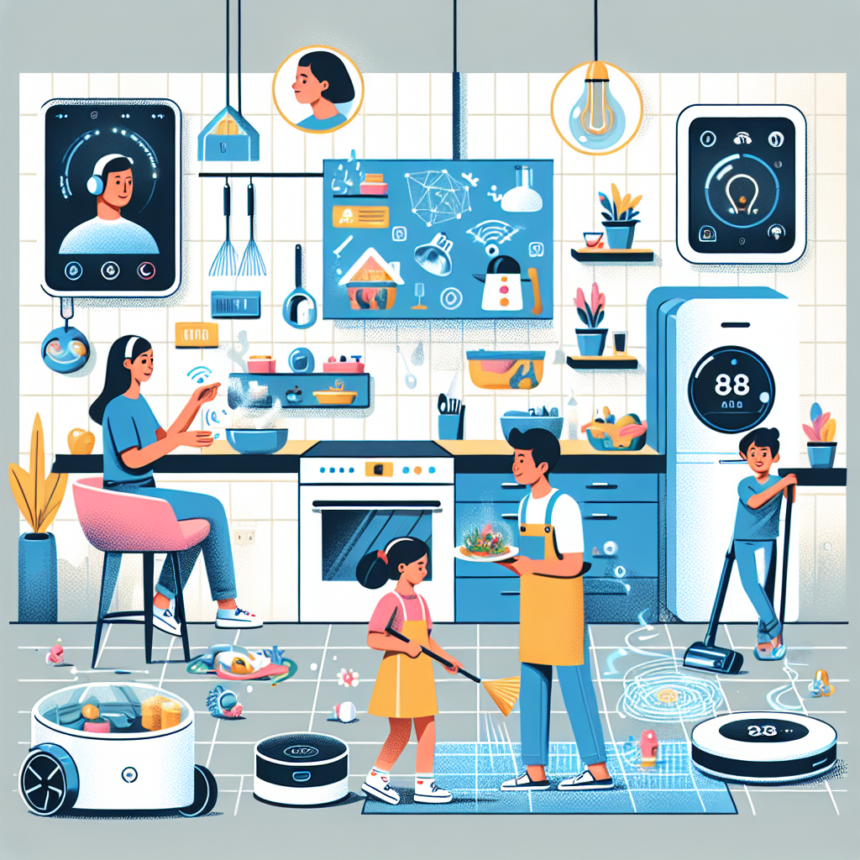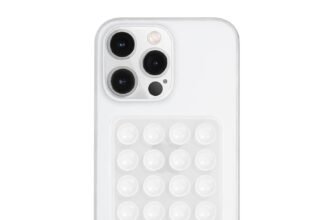Revolutionizing Daily Life: How Smart Home Technology is Changing the Way We Live
In recent years, smart home technology has transformed the way we interact with our living spaces. By integrating advanced technologies into everyday household items, our homes have become more efficient, secure, and comfortable. This digital evolution is not just a trend; it represents a fundamental shift in how we approach daily living.
Enhanced Efficiency
Smart home devices can help homeowners maximize efficiency and reduce energy consumption. Smart thermostats, for example, learn your schedule and adjust the heating and cooling accordingly, resulting in lower energy bills. Smart lighting systems allow users to control lights remotely, enabling the option to turn off lights that might have been left on inadvertently. Smart plugs can be programmed to switch off devices after use, preventing waste and simplifying life.
Home Security
The security of our homes has also evolved thanks to technology. Smart home security systems include cameras, alarms, and motion sensors that can be controlled remotely through smartphones or tablets. This means homeowners can monitor their property in real-time, receive instant alerts if something suspicious occurs, and even view recorded footage when they’re away. Advanced features like facial recognition software add another layer of security, allowing you to identify who is at the door before opening it.
Comfort and Convenience
Automation is at the heart of smart home technology. Imagine walking into your home and having it adjust to your preferred lighting and temperature settings without you lifting a finger. Smart assistants like Amazon Alexa, Google Assistant, and Apple Siri can control various devices, answer questions, and even manage your calendar. This level of convenience can significantly enhance daily routines, making tasks easier and freeing up time for more enjoyable activities.
Improved Health Monitoring
As the world becomes increasingly health-conscious, smart home technology has also stepped in to assist. Devices like smart air purifiers can monitor air quality and automatically adjust their performance based on pollution levels, thus ensuring a healthier indoor environment. Wearable health technology can sync with smart home devices to provide a holistic approach to health management.
Customization and Personalization
Today’s smart homes can be tailored to fit individual lifestyles and preferences. Users can create customized settings for different times of the day, ensuring that their environments are perfectly aligned with their needs. For example, a morning routine can include smart coffee makers brewing your favorite blend just as the lights gently brighten to mimic a sunrise.
The Path Ahead
As technology continues to advance, the potential for smart homes will only expand. Artificial intelligence and machine learning are paving the way for even smarter homes that can predict our needs and automate tasks without request. With the growing adoption of the Internet of Things (IoT), the dream of living in a truly connected home is well within reach.
FAQs
1. What are smart home devices?
Smart home devices are internet-connected gadgets that allow you to control and monitor your home remotely. Examples include smart lights, thermostats, cameras, and door locks.
2. How do I start building a smart home?
Begin by identifying your needs and budget. Start small with a few essential devices, like smart bulbs or a smart plug, and gradually expand your system to include security devices, smart assistants, and more.
3. Are smart home devices secure?
While many smart home devices come with security features, they are vulnerable to hacking if not properly secured. Always update firmware, change default passwords, and ensure your home Wi-Fi network is secure.
4. Can smart home devices save me money?
Yes! Smart technology can reduce energy consumption through automation and monitoring, leading to lower utility bills and, in some cases, insurance discounts for enhanced security measures.
5. What is the future of smart home technology?
The future holds even more sophisticated integration of AI and machine learning, making homes smarter, more intuitive, and further enhancing energy efficiency, security, and convenience.











